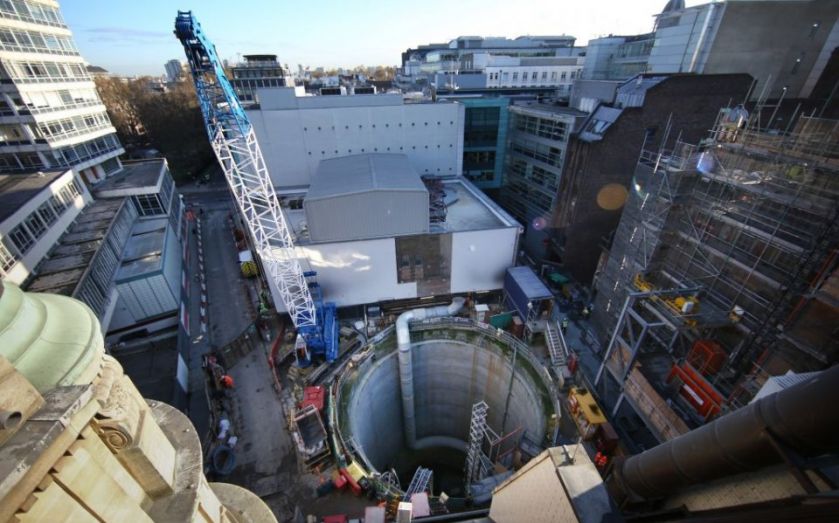London should take a cue from Paris to build transport of the future

The Chancellor and mayor of London set out a long-term economic plan for the capital last week, challenging London’s transport authority and business community to make the case for much-needed infrastructure investment ahead of the next spending review. This commitment is hugely welcome. We desperately need to future-proof our transport network, as London’s population is expected to soar to 10m over the next 15 years. And if we don’t invest now, demand is likely to outstrip supply for the next 20 years.
Much is already being done, including the vast upgrade of the Tube network and of the city’s roads, and the building of Crossrail. However, we need to do more – further upgrades to increase the capacity of the Underground, and the building of new river crossings in east London to create new jobs and support thousands of much-needed new homes. We must also build Crossrail 2 as soon as possible. This vital new railway would increase rail-based transport capacity by 10 per cent and support the delivery of up to 200,000 new homes and many thousands of jobs in and around London.
But despite a clear need and overwhelming support – 44 per cent of London businesses cited Crossrail 2 as their top transport priority in a recent London Chamber poll – under the current system, we are reliant on relatively short-term government funding to progress these key projects.
It’s very different in other European cities. Paris, for example, is reliant on central government grants for just 19.4 per cent of its income, and its transport authority has a secure stream of funding until 2030. In contrast, the mayor of London controls only 7 per cent of the tax raised in the capital, so is almost entirely reliant on central government funding.
Local financing has enabled Paris to embark on a €22.6bn (£16.4bn) project – The Grand Paris Express – to create a new metro system and entirely overhaul the 1970s ring road around the city. This project is set to deliver €67bn in wider economic benefits, including 70,000 new homes each year around the 69 new stations. It’s possible because of a sustainable source of funding for transport projects, and that’s what we want to see here.
Today, we’re bringing together transport authorities and their counterparts from Chambers of Commerce from 18 European cities, including Paris, Milan and Istanbul, to explore how we can work together to design, finance and build transport networks that sustain and grow economic success.
As we do so, we are making the case that, if more power over tax and sustainable investment were held locally, vital transport projects could be delivered in London far more quickly and efficiently to meet the challenges, and benefit from the opportunities, of our growing population. The case for greater devolution of powers over the capital’s finances is now stronger than ever.
Colin Stanbridge is chief executive of the London Chamber of Commerce & Industry. Sir Peter Hendy CBE is the commissioner of Transport for London.